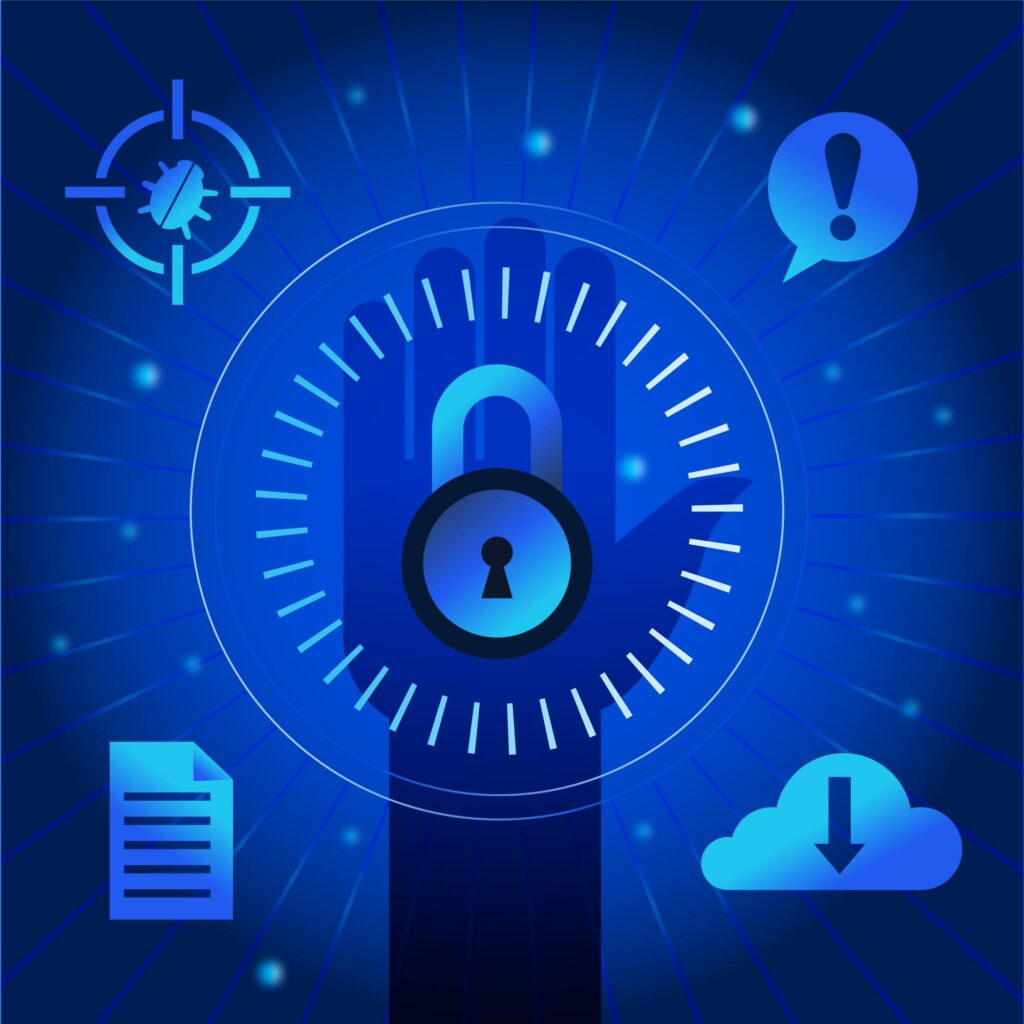Blockchain application development technology has taken the world by storm. Dubbed as a revolutionary technology, it promises enormous potential across various industries thanks to its transparent and secure structure. Decentralisation and immutability give it an edge in modernising data storage that offers levels of security and cyber-resiliency unprecedented until now.
However, building enterprise-grade blockchain applications requires understanding and adhering to unique challenges and best practices that come with working with such high standards.
This article will go into greater detail about the existing challenges with enterprise blockchain development as well as guide readers through industry proven practices for developing secure and efficient applications.
The Promise of Enterprise Blockchain
Enterprise blockchain app development is becoming increasingly popular, as they provide an invaluable service for businesses and organisations. They provide a tailored solution which has a myriad of advantages ranging from improved efficiencies in tracking assets to enhanced levels of security and privacy.

Transparency and Trust
Blockchain’s tamper-proof ledger is reliable, trustworthy, and extremely secure — allowing all participants in the network to put their faith in the data stored on it. This creates an environment of mutual trust, with intermediary third parties no longer needed, reducing the risk of fraudulent activity and inaccurate transactions.
Security
Blockchain employs advanced cryptographic techniques to secure data. Enterprise blockchain applications provide a high level of security, making it extremely difficult for unauthorised parties to access or alter sensitive information.
Efficiency and Automation
Smart contracts, self-executing agreements with the terms of the contract directly written into code, enable automation of business processes. This can significantly reduce operational costs and the risk of human error.
Challenges in Building Enterprise-Grade Blockchain Apps
The possibilities that blockchain offers are certainly tempting, but creating robust and reliable enterprise-level applications is not without its challenges. We must be willing to grapple with a certain set of obstacles to ensure successful development. Let’s dive into some of the most significant impediments we need to be aware of.
Scalability
Blockchain networks like Bitcoin and Ethereum have faced scalability issues, with limited transaction processing capacities. Enterprise applications often require handling a significantly higher volume of transactions, making scalability a critical concern.
Privacy and Confidentiality
While blockchain is transparent by design, many enterprise applications require data privacy and confidentiality. Striking a balance between transparency and privacy can be a complex task.
Regulatory Compliance
Enterprises must adhere to a complex web of regulations. Blockchain’s decentralised and pseudonymous nature can clash with these requirements, particularly in industries with strict Know Your Customer (KYC) and Anti-Money Laundering (AML) regulations.
Integration with Legacy Systems
Most businesses already have existing systems and processes in place. Integrating blockchain technology with these legacy systems can be a significant challenge.
Costs
Developing and maintaining blockchain applications can be expensive, particularly when it comes to network fees and infrastructure costs.

Best Practices for Building Enterprise-Grade Blockchain Apps
To overcome these challenges and build enterprise-grade blockchain development successfully, consider the following best practices:
Choose the Right Blockchain Platform
Select a blockchain platform that aligns with your specific business needs. Consider factors like scalability, consensus mechanism, smart contract capabilities, and privacy features. Options include Ethereum, Hyperledger Fabric, Corda, and more.
Scalability Solutions
Explore scalability solutions such as sharding, sidechains, and layer-2 solutions like the Lightning Network for Bitcoin or Optimistic Rollups for Ethereum. These technologies can significantly increase the transaction throughput of your blockchain application.
Privacy-Enhancing Technologies
Utilise privacy-enhancing technologies like zero-knowledge proofs and confidential transactions to protect sensitive data while still benefiting from the transparency of blockchain.
Compliance and Identity Management
Address regulatory compliance by implementing robust identity management solutions. Ensure your application meets KYC and AML requirements, and consider blockchain platforms designed for compliance, like Corda.
Interoperability
Choose blockchain platforms and standards that promote interoperability. This allows your blockchain application to communicate seamlessly with existing systems and networks.
Smart Contract Auditing
Thoroughly audit and test smart contracts to ensure they are free from vulnerabilities and security flaws. Consider involving third-party auditors with expertise in blockchain security.
Continuous Monitoring and Maintenance
Maintain an ongoing commitment to monitoring and updating your blockchain application. Blockchain technology evolves rapidly, and staying up to date with the latest security patches and improvements is crucial.
Cost Management
Develop a clear cost management strategy. Understand the fees associated with your chosen blockchain platform and factor them into your budget. Consider options like cloud-based blockchain services to reduce infrastructure costs.
Education and Training
Invest in educating your team about blockchain technology and its best practices. Blockchain is a complex field, and a well-informed team is essential for success.
Conclusion
Building enterprise-grade blockchain app development is a challenge, but one with an incredibly big reward. Truly understanding the landscape of these unique challenges and adopting best practices into the development process is necessary to capitalise on the immense power of this technology. Blockchain can revolutionise operations: it can bring new levels of transparency, security and efficiency as well as remaining compliant with current regulations.
As the blockchain movement matures, more and more innovative applications will take shape, from managing confidential data and operations, to replacing manual processes. It is an exciting field that offers endless possibilities to the businesses that are ready and willing to take the leap and embrace this transformative technology.
What sets QSS Technosoft Inc apart as the perfect partner for developing enterprise-grade blockchain applications?
At QSS Technosoft Inc, we understand that the implementation of enterprise-grade blockchain application development and blockchain development services requires a blend of expertise and experience to achieve successful outcomes. Our team of technology experts provides bespoke software solutions that are tailored to our clients’ specific needs.
We have extensive experience in helping companies create secure, distributed ledger platforms for a range of use cases, such as smart contract and asset management. Our development process is designed to ensure that applications are delivered on time, within budget, and adhere to industry best practices.


Building Enterprise-Grade Blockchain Application Development: Challenges and Best Practices